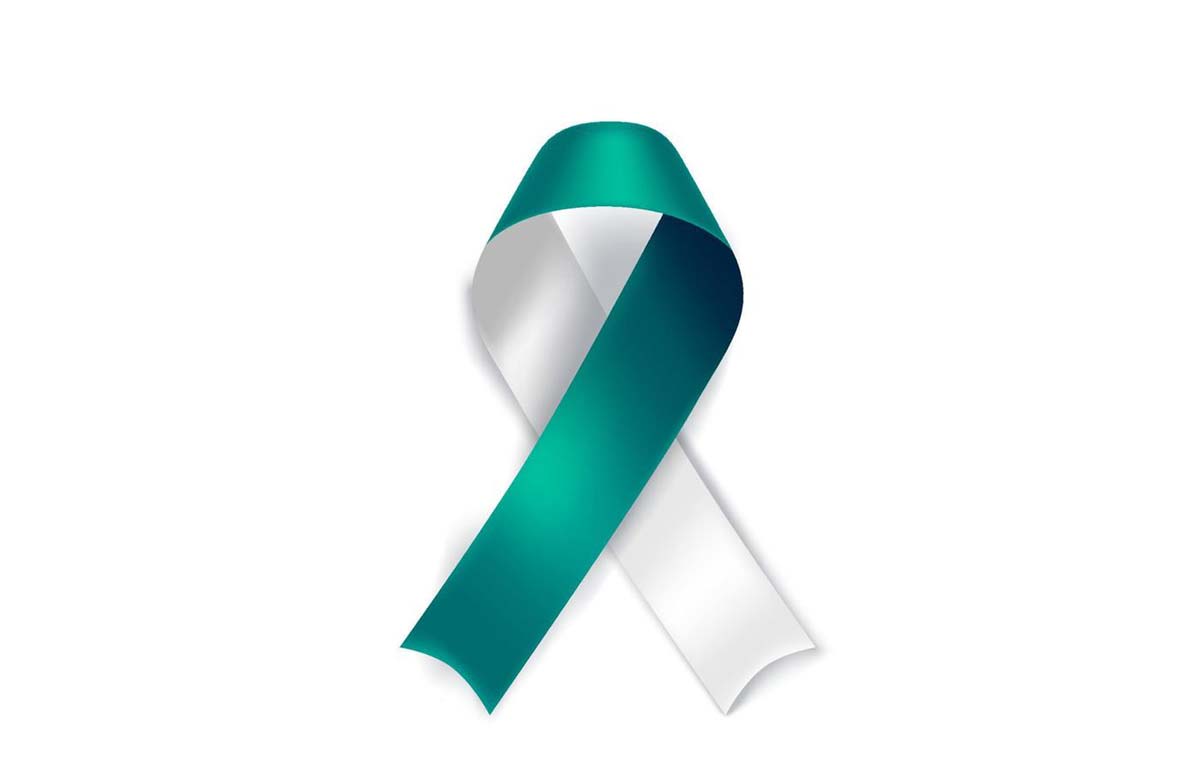What is Cervical Cancer?

Cervical cancer is the 4th commonest cancer affecting females in Sri Lanka, and also around the world. The cervix is found at the entrance to the uterus (the womb), and dilates during childbirth to enable the baby to move out of the uterus.
More than 95% of all cervical cancers have been found to be caused by the Human Papilloma Virus (HPV), which is primarily transmitted during sexual contact. Most HPV infections do not result in symptoms, but some HPV strains can cause genital warts. The infection is usually cleared by the body’s immune system, but in some persons, the virus persists and causes changes to the cells of the cervix (pre-cancerous changes). After many years, these cells can turn into cancer cells.
Prevention strategies
Despite its prevalence, cervical cancer is one of the only cancers in the world that can be effectively prevented! Discussed below are the main prevention strategies to combat cervical cancer.
The HPV Vaccine
As most cervical cancers are caused by HPV, blocking this virus can effectively prevent young girls and women from developing cervical cancer in the future. There are several types of HPV vaccines which block the most common cancer-causing strains of HPV. It is ideal to receive the vaccine before any sexual activity, as you may get exposed to one of the many strains of HPV. However, even if already sexually active and/or exposed to an HPV strain, the vaccine can protect against other strains.
Currently, in Sri Lanka, the cervical cancer vaccine is given to girls aged 10-11 years through the government healthcare sector at no cost. The cervical cancer vaccine is also available in certain private hospitals and can be given after consultation with a doctor. For children aged 9 to 14 years, 2 doses of the vaccine are given 6 months apart, and for those 15 years and older, the vaccine is given in 3 doses.
Pap Smear Screening
Pap smear screening is available through the Sri Lankan government MOH clinics through the well woman programme at no charge, but can also be accessed through the private healthcare sector.
HPV DNA Screening
HPV DNA is a screening test for cervical cancer to look for the virus itself, rather than any pre-cancerous cervical cells. The sample for the HPV DNA test is taken similarly to the pap smear test, but the test doesn’t have to be done as frequently as the pap smear test (done every 5 years).
It is available at a cost in the private healthcare sector and, for free, at certain government healthcare clinics.
For more information on cervical cancer prevention, do contact tThe Family Planning of Association Sri Lanka on 076 588 4881.
.png)


